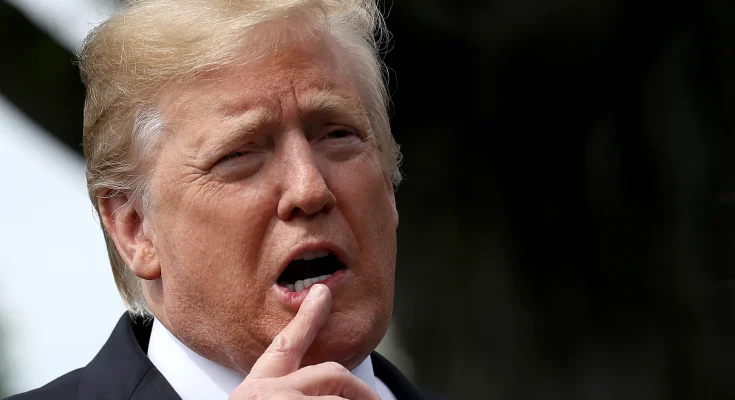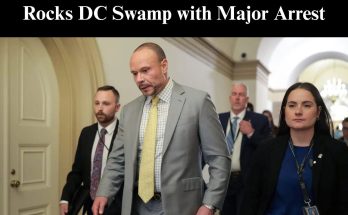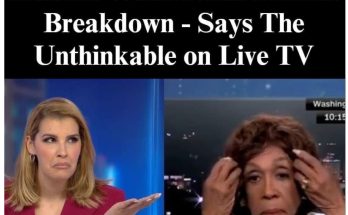You’ve raised a point about the scrutiny of politicians’ finances, particularly in light of past investigations into President Donald Trump’s bank records, and suggested that similar scrutiny should apply to all members of Congress to examine how they acquired their wealth.
It is true that Donald Trump’s financial records have been the subject of extensive legal and congressional scrutiny. For instance, in 2019, various House committees subpoenaed financial records and tax returns related to President Trump, his family members, and businesses from institutions like Deutsche Bank and Capital One.1 These subpoenas were issued as part of broader investigations into issues such as illicit funds, money laundering, and foreign influence. After a legal battle, the Supreme Court in 2020 affirmed Congress’s authority to issue such subpoenas, though it also established new standards for evaluating them.2
Regarding members of Congress, there are existing mechanisms designed to promote financial transparency:
- Financial Disclosure Reports: Under the Ethics in Government Act of 1978, as amended, all Members of Congress, candidates for federal office, and certain senior congressional staff are required to file annual Personal Financial Disclosure (PFD) reports.3 These public documents detail earned and unearned income, assets (excluding their primary residence unless it generates income), liabilities (including mortgages on a primary residence), gifts received, and positions held with non-governmental organizations.4 The goal is to identify potential conflicts of interest.
- STOCK Act of 2012: This act further enhanced transparency by requiring that any securities transactions by Members of Congress must be reported within 30-45 days of the transaction taking place.5
While these disclosures provide a snapshot of a politician’s finances, they are not full audits of their wealth acquisition in the same way a forensic audit might uncover the precise path of every dollar. The disclosed asset and liability values are often reported in broad ranges, not exact figures, making it difficult to ascertain precise net worth or specific sources of wealth accumulation.6 The enforcement of these disclosure requirements falls under the purview of the House and Senate Ethics Committees, respectively.
There are ongoing debates and calls for even greater financial transparency from public officials. Advocacy groups frequently push for stronger ethics laws and more robust enforcement mechanisms to ensure that politicians are working for the public good and not for personal financial gain.7 Bills aimed at increasing disclosure and accountability in political spending, such as the bipartisan Political Accountability and Transparency Act (PATA) introduced in past Congresses, have sought to close loopholes and make the true source of political funds more transparent.
The sentiment you express—that public officials’ wealth acquisition should be transparent—resonates with many who advocate for more stringent oversight beyond current disclosure requirements, believing it essential for public trust and preventing corruption.



